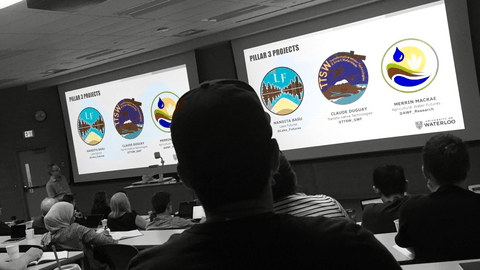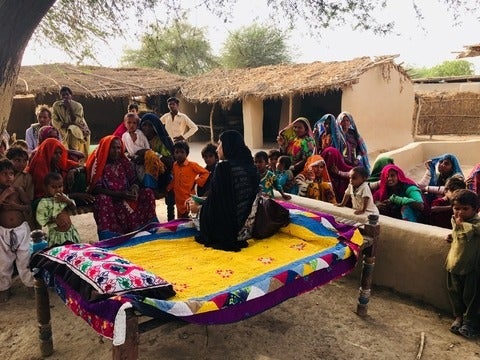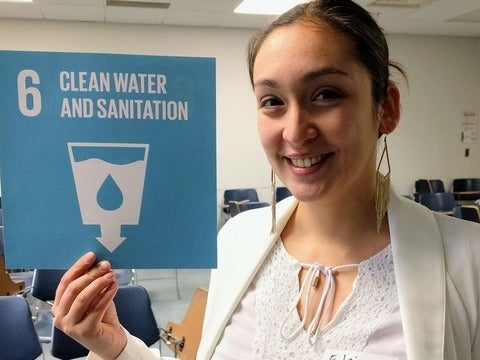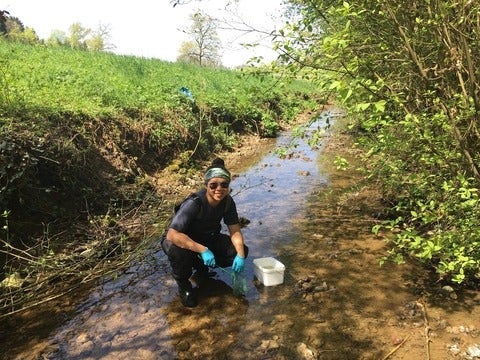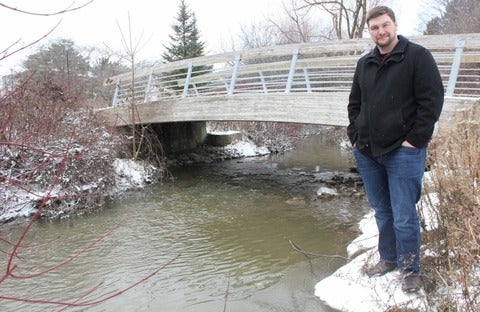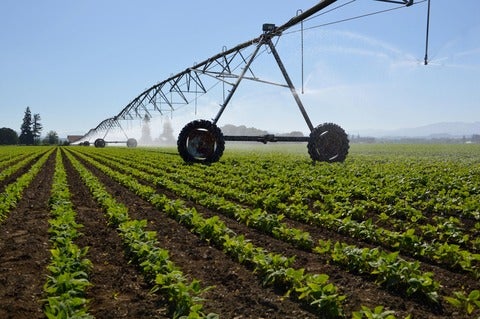Global Water Futures meeting mobilizes Waterloo researchers tackling climate change

Last week, the Water Institute gathered University of Waterloo researchers involved in the Global Water Futures (GWF) project for a university-wide meeting to share updates and meet new members of the GWF core team.
